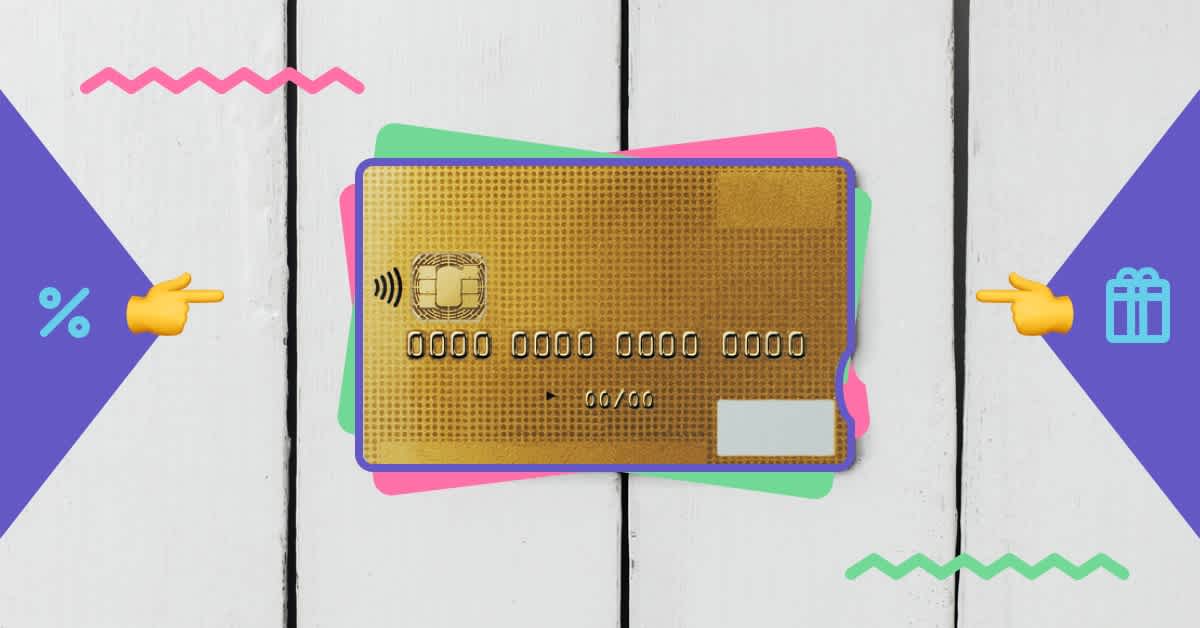
When it comes to using credit cards, you already know the importance of being smart and responsible. Especially because their use can greatly impact your credit score and your ability to get a loan or a mortgage.
And since well-managed credit cards can be such a useful tool for your overall financial goals, it’s smart to also compare different reward options, but that’s where things can get confusing. It can be tough to compare perks, points, annual fees, and determine which card best suits your needs.
Here is a cheat sheet, including some factors to consider before you apply for the card, plus six great credit card options for you.
What to Know Before You Apply
What is Your FICO score?
In order to maximize the options available, you have to know your FICO score.
Generally, the best credit card offers are available to those who have good (670) to excellent (750 or above) credit.
If your credit is only fair, or you want to increase your score from good to very good (740) or above, you may need to pay down debt to improve your loan balance-to-credit limit ratio.
What are the differences between perks and points?
Perks, like free checked luggage or access to an airport lounge, are available to most credit card holders regardless of how much money they’ve spent on the card.
Points, on the other hand, are dependent on how much money is spent on the card.
If you travel frequently, looking for a card that has perks like free checked luggage may make sense.
Do I have a big purchase coming up?
Some cards may have a point bonus if you spend above a certain amount in a set period of time.
Because of this, it can be smart to plan to apply for a credit card shortly before you invest in a large purchase, like a television or trip, or prior to the holiday season.
Make sure to pay off the purchase before you start incurring interest charges though; those charges can quickly negate any point bonus benefit you get.
Are the rewards worth the annual fee?
Some annual fees can throw people off. However, a $95 annual fee may be worth it in terms of points accrued, which can then be used either for cash back or travel.
Knowing how the fee will factor into the reward can help you suss out which one is worth it for you. If you know how much you expect to spend on the card in a year, you can do simple math to calculate whether the value of your points is higher than the membership fees you’ll pay annually.
Do I want travel rewards or cash back?
Reward cards tend to fall into these two categories.
Cash back may make the most sense if you frequently use a credit card for everyday purchases, like groceries or gas.
Travel rewards, on the other hand, may make the most sense if you travel frequently (even annually or semi-annually).
Do your research and figure out the best option for you.
Be aware, though, that travel rewards could come with restrictions like blackout dates. The legwork involved with travel rewards may be trickier than cash back-rewards, which could be simpler to redeem on everyday purchases.
What Your Options Are
After you’ve considered the questions above, you may want to take a look at the following credit card options.
Consider: Chase Sapphire Preferred
If: You travel all the time.
Why: Charge $4,000 in the first three months and get $625 back in travel when redeemed through Chase Ultimate Rewards.
Other Things to Know: No foreign transaction fee; no annual fee the first year, $95 subsequent years.
Consider: Capital One Venture Miles Rewards Program
If: You travel overseas frequently for business.
Why: 2 travel miles for every dollar spent.
Other Things to Know: Rewards don’t expire; $0 intro for the first year; $59 annually after that.
Consider: Blue Cash Preferred from American Express
If: You always find yourself at the gas station or grocery store.
Why: 6% back on grocery purchases; 3% back on gas.
Other Things to Know: $150 back if you spend $1000 on the card on three months; 0% intro APR.
Consider: Chase Freedom Unlimited
If: You use your credit card for every single purchase.
Why: Automatic 1.5% cash back on every purchase, plus $150 back when you spend $500 in the first three months.
Other Things to Know: 0% intro APR, full purchase protection on transactions.
Consider: Discover It
If: You have a balance on your old credit card.
Why: A 0% balance transfer offer for 18 months.
Other Things to Know: A freeze-it option ensures you only spend when you want: It allows recurring charges but will not authorize new purchases, so if you’ve temporarily misplaced your card, you’re protected.
Consider: Capital One Platinum
If: You’re trying to build credit.
Why: Your credit line automatically goes up after five months. If you pay your balance every month, that can help up your credit score.
Other Things to Know: No annual fee and easy access to your FICO score.
Consider: Citi Simplicity Card
If: You’re not good at deadlines.
Why: The Citi Simplicity doesn’t have any late fees or penalty rates.
Other Things to Know: A “Price Rewind” option lets you get a lower price on an item after you purchased when you register the item with your card. 0% APR for 21 months.
Fabric exists to help young families master their money. Our articles abide by strict editorial standards.
Information provided is general and educational in nature, is not financial advice, and all products or services discussed may not be offered by Fabric by Gerber Life (“the Company”). The information is not intended to be, and should not be construed as, legal or tax advice. The Company does not provide legal or tax advice. Consult an attorney or tax advisor regarding your specific legal or tax situation. Laws of a specific state or laws relevant to a particular situation may affect the applicability, accuracy, or completeness of this information. Federal and state laws and regulations are complex and are subject to change. The Company makes no warranties with regard to the information or results obtained by its use. The Company disclaims any liability arising out of your use of, or reliance on, the information. The views and opinions of third-party content providers are solely those of the author and not Fabric by Gerber Life.

Written by
Anna Davies
Related Posts
Saving/Investing for Kids
The New Parent's Financial Checklist: Life Insurance and More
When you have a baby, there’s a lot to consider. Now's the time to focus on your financial priorities. Here's where to get started.
By Allison Kade
Saving/Investing for Kids
Investing Strategies for Beginners
Investing can be a sound strategy to help grow your finances over time. Start by identifying which strategy and account type works best for you.
By Jessica Sillers
Saving/Investing for Kids
What Is an Investment Time Horizon?
An investment time horizon is the amount of time you’ll hold an investment. Your investment time horizon is essential in determining how much risk it makes sense for you to take in investing.
By Jessica Sillers
Fabric Picks
Life insurance
Places to Get Emergency Cash, Ranked From Best to Worst
When money’s tight, you need funds quickly. These ranked options can help you find your best source of emergency cash without hurting your financial future.
By Jessica Sillers
Life insurance
How to Juggle Long-Term Financial Goals When You’re in the Thick of Parenting
It can be hard to save when current expenses take priority. Tips to save for retirement and manage a family budget.
By Jessica Sillers
Saving/Investing for Kids
How to Do 30 Days of Financial Self-Care as a Parent
Self-care comes in many forms, including how you handle your money. See how small steps may add up to help improve your financial well-being.